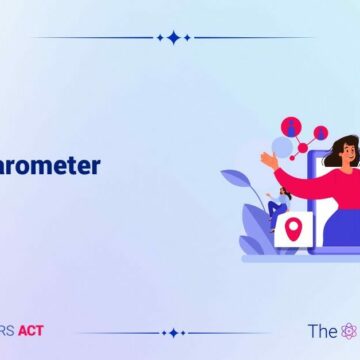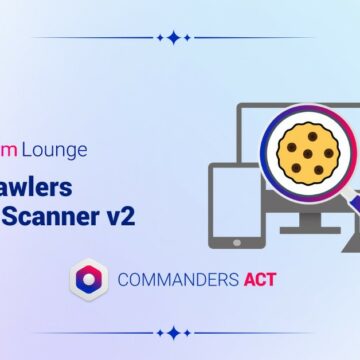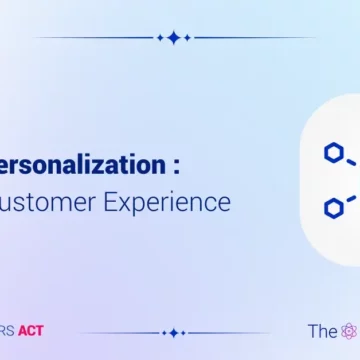How do you tackle ITP? Commanders Act has the answer
10/10/2019 |

ITP, or Intelligent Tracking Prevention, is a feature that Apple has added to its Safari browser to protect web users’ personal data from being misused. This development has major repercussions for marketers and analysts.
Several years ago, web users decided to take back control of the data that they deliberately or inadvertently left behind when browsing on the Internet. Since then, lawmakers, rebellious users and the image that GAFAM is looking to promote have changed the situation and spawned ITP.
What does ITP do?
This feature has been built into the Safari browser and aims to protect the privacy of Apple users by limiting the extent to which they can be tracked across different sites. What that actually means is that the cookies used to track visitors (stored in JavaScript) are now restricted to 24 hours (implemented in the iOS 12.3 and macOS Mojave 10.14.5 updates), irrespective of the landing page.
For example, once 24 hours have elapsed between two sessions, ITP Version 2.2 will prevent users from being recognised from one session to the next. The customer journey for Apple users, representing a market share of approximately 7% on desktops and over 25% on mobile devices, has therefore been broken. There is no way to identify the campaign that drove users to their decision to purchase or the partner with the greatest impact on converting the prospect.
ITP 2.2 has set its sights on a specific type of cookie, namely first-party cookies. These cookies are associated with the domain name of the page on which the code is placed for the tag used to audit a website. There are two types: true and false. False cookies are those that use a JavaScript trick to make the browser believe that the cookie is associated with the domain visited by the user.
True cookies are first-party cookies that are stored and processed in full accordance with the rules, either by the actual website or a technology with domain delegation. This is what Commanders Act is offering with its domain delegation service.
ITP is clearly targeting “false” first-party cookies.
The consequences
Advertisers may lose between 15% and 30% of the traffic with Safari, and that figure could reach 100% with Chrome and Firefox. Furthermore, in accordance with the European Directive known as the “Telecoms Package”, web users must be informed and provide their consent before trackers are stored. They must be given the option of refusing to be tracked when visiting a website or using an application. Therefore, vendors are required to ask users for their prior consent. Consent is valid for no more than 13 months. However, some trackers are exempt from the obligation to obtain consent. Analysing web users is now much more complicated. Today, there are some analytics solutions that are exempt from obtaining consent, since they satisfy the following conditions laid down by CNIL, France’s data protection authority: cookies must only be used to produce anonymous visitor statistics on the site in question and must not be cross-referenced with other processing operations (customer file, visits to other sites, etc.).
The IP address must be anonymised if collected. The cookies created must not be retained for more than 13 months after the first visit.
Do not forget that ITP 2.2 reduces this retention time to 24 hours.
Therefore, Commanders Act has developed “Tracking First Party” to tackle this new version of ITP. The principle is straightforward. Customers entrust a subdomain of their website to Commanders Act in the form of a domain delegation. False cookies become first-party cookies and are no longer blocked by Internet Tracking Prevention. Analytical data are collected after the initial 24-hour time limit laid down by ITP, and targeted advertisements can be displayed on the user’s website if they remain on the current domain.
This solution can prevent marketers and advertisers losing knowledge and information about the web/mobile user over time, regardless of their browser, due to ITP 2.2 or the other measures taken.









